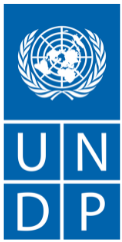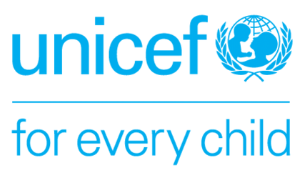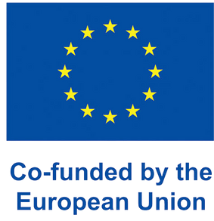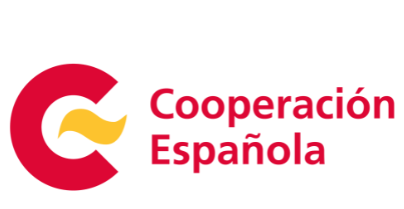Hon. Abena Osei Asare, Minister of State for Finance, Ghana joined the INFF Report: ‘Making finance work for people and planet’ launch event hosted by the Government of Spain and INFF Facility during the Financing for Development (FfD) Forum 2024 in New York on 24th April 2024.
The Minister joined the discussion with insights into the challenges and achievements of the INFFs. Ghana utilizes the INFF approach by integrating public and private funding strategically, fostering leadership for institutional coherence, and aligning budgeting with SDG priorities. This fosters policy coherence, enhances institutional capacity, and mobilizes additional resources for initiatives like the Ghana Cares program, promoting development at local and national levels.
The full transcript of the speech is attached below:
Thank you very much.
Thank you very much for giving us this platform to showcase the story of Ghana. I must say that the achievement of these SDGs requires us to be strategic in the mobilization of our resources. In this, we have to be prudent with the management of our resources as well as block the leakages and to enable us achieve the financing that we need and to help us implement the SDGs. I must say that, like you mentioned, Ghana was one of the pioneer countries.
We believed that the friendly process to align both the public and the private funding was to come through the integrated national financing framework, the INFF. With this, we saw it as a useful tool that serves as a prompt and a guide, that not only assess the status of our development finance, but also as a tool for prioritizing what needs to change in the sourcing and utilization of development resources. As part of this, the building blocks that we have used, and we believe is still working for us, is that of leadership. Leadership that facilitates institutional coherence, leadership that has a clear vision for results.
A leadership that has strategic financing policy, strong monitoring, evaluation and learning system, and an enabling environment for our accountability and dialogue. For us in Ghana, a number of these building blocks were already in place. We had begun the process of the SDG budgeting, which enabled us to map the budget allocations and expenditures to government policy priorities.
Again, recently, cabinet has given Ministry of Finance the go-ahead to set up a Climate Financing Division that we believe will coordinate the activities in that very well and help us align to make it fit for purpose. Distinguished guests, the changing development finance landscape and our fiscal decentralization drive, coupled with the need to ensure citizen participation in the developmental process, informed the decision to adopt a bottom-up approach for delivering on the INFF.
Our bottom-up approach to delivering the IMF targeted citizens directly at the local level of governance and put the SDGs at the heart of the local government financing. We ensured that the Metropolitan, the Municipal, and district Assemblies play a central role in financing and implementing the SDGs.
We asked them to own the process, and the framew ork developed at the subnational levels have become the first step towards the development of an INFF at the national level; and for us, the integrated financing framework at the Assembly level. Also the International Integrated Assembly Financing Framework has enabled the Assemblies to identify the various innovative sources of funding and raise additional resources required for development.
The INFF also promoted policy coherence, strengthened institutional capacity, identified and addressed gaps in the resource mobilization, and assisted the Assemblies as they sought to implement key activities around our Ghana Cares program. The Ghana Cares program is an initiative to build on immediate actions taken immediately after the COVID-19. And so the Assemblies are helping us implement this because we believe that Ghana Cares program at the Assembly level will be instrumental in the advancement of initiatives such as the Assembly Diaspora Development Partnership initiative, the SDG Investor Maps, and the SDG Investment Fair, all aimed at mobilizing both public and private funds and investment for development at the local level.
We are looking to partner with the Ghana UNDP Office to advance this work started on the diaspora partnerships. The diaspora partnership was a key outcome of the process at the subnational level. Distinguished ladies and gentlemen, we've also commenced processes towards the development of the framework at the national level with the development of a Development Finance Assessment, the DFA. As with all our INFF processes, the DFA will be subjected to extensive consultation which will involve both national and subnational level processes. With the support of the UNDP country office, we hope to complete our DFA by October.
We know we are not there yet, but we are still moving on and hoping to make progress. It's our sincere belief that our DFA will show the lessons and experiences from the national level and help us to achieve the objective.
Thank you very much for your attention.














